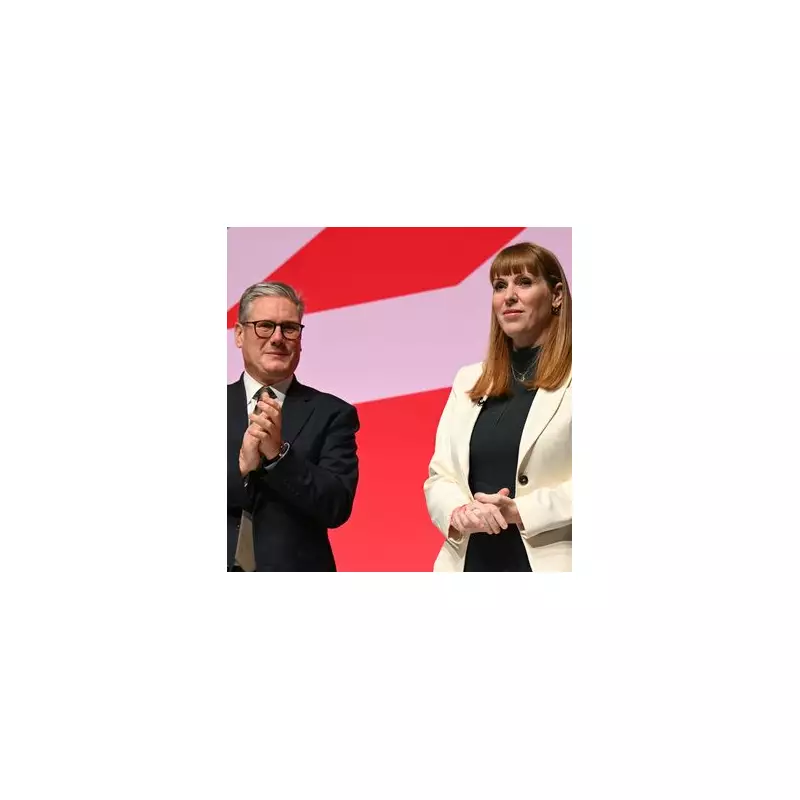
The battle for Labour's deputy leadership has formally commenced, marking a critical moment in the party's rebuilding process following December's general election defeat. Six prominent Labour figures have entered the contest, each bringing distinct visions for the party's future.
The confirmed candidates include:
- Angela Rayner - Shadow Education Secretary
- Richard Burgon - Shadow Justice Secretary
- Dawn Butler - Former Shadow Women and Equalities Secretary
- Ian Murray - Labour's sole Scottish MP
- Rosena Allin-Khan - Shadow Sports Minister
- Margaret Beckett - Former Foreign Secretary
Timeline and Process
The contest will unfold over several weeks, with the new deputy leader scheduled to be announced on April 4th at a special conference in London. The electoral college system previously used has been replaced with a one-member, one-vote process, giving each member equal weighting in the decision.
Nominations opened on Monday and will remain so until January 16th, requiring candidates to secure nominations from 5% of Labour MPs or MEPs - approximately 21 parliamentarians - to progress to the next stage.
Key Issues and Debates
The deputy leadership contest comes at a crucial juncture for Labour, with candidates expected to outline their positions on party democracy, internal reforms, and strategies for reconnecting with traditional heartlands lost in the recent election.
Shadow Education Secretary Angela Rayner, representing the party's left wing, has already secured significant support from fellow MPs. Meanwhile, Richard Burgon has positioned himself as a staunch defender of Jeremy Corbyn's legacy, advocating for maintaining the party's current direction.
The contest promises vigorous debate about Labour's future identity and electoral strategy, with the deputy leader playing a crucial role in unifying the party and developing policies that can appeal to a broader electorate.





